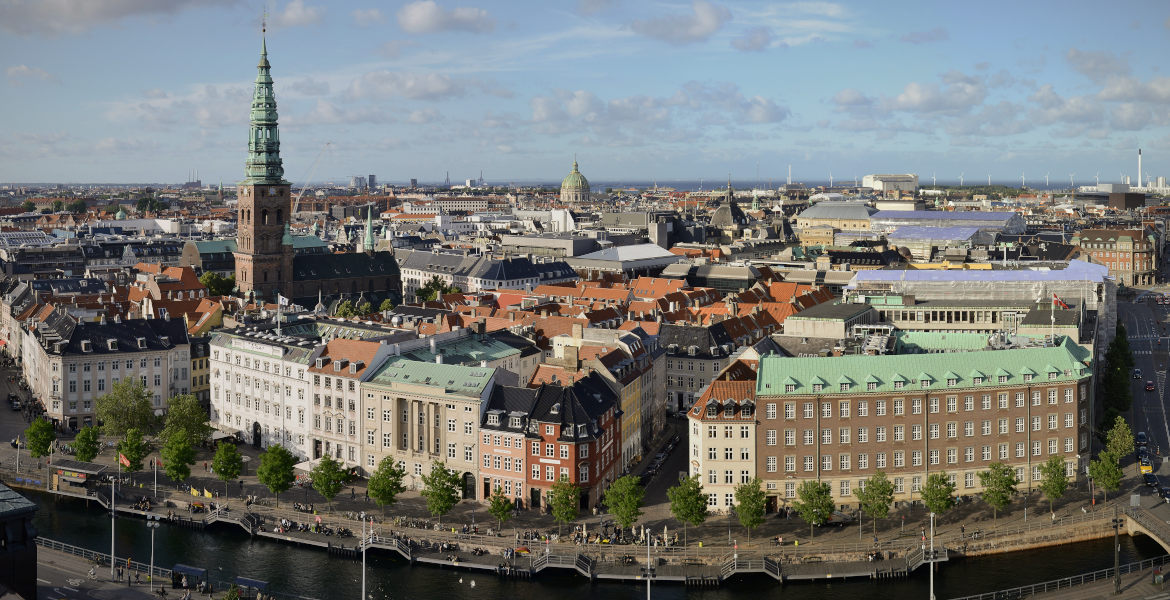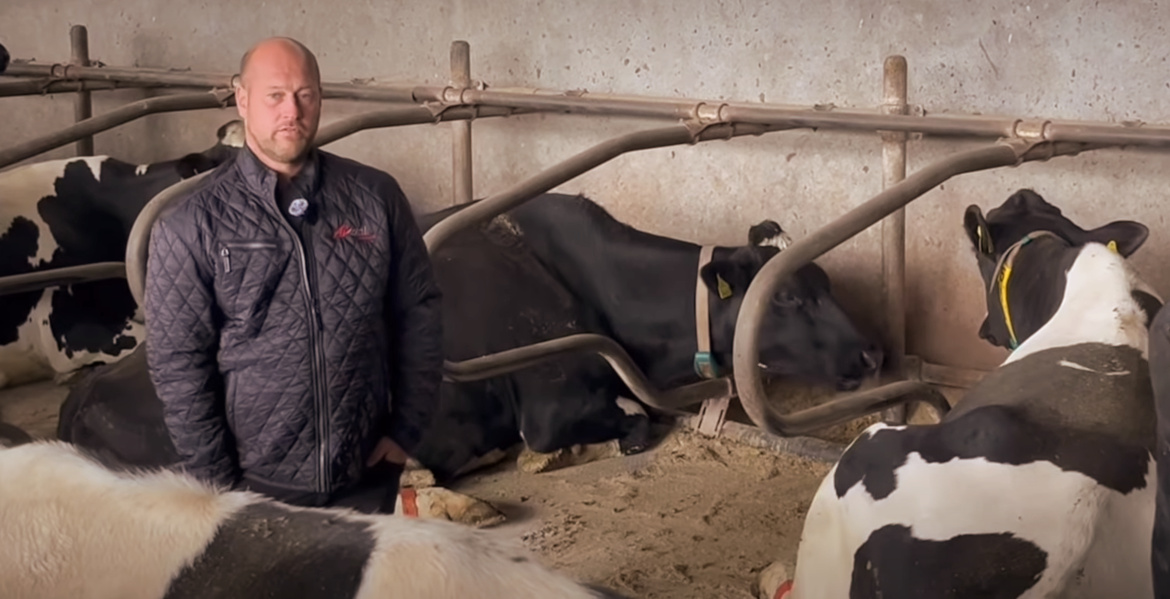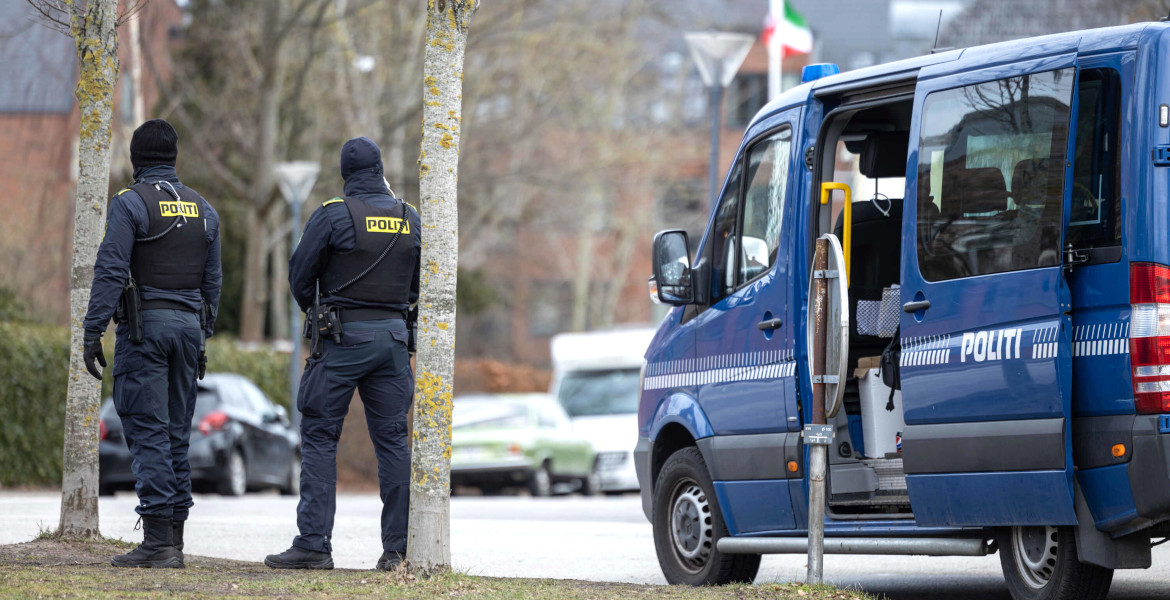2.3 percent of the Danish population are addicted to social media, according to a new study by the Danish Public Health Agency. The study also shows that people are three times more likely to suffer from depression if they have this addiction.
Nine out of ten Danes use social media, according to figures from Statistics Denmark from 2023. Denmark is also the country in the EU where most people aged 16 to 74 are active on one or more social media platforms.
The study used questionnaires and followed 2,000 Danes aged 16 to 64 for two years. The questions were about social media use, social relationships and mental health. The researchers found that 2.3% of Danes, or 86,000, may be addicted to social media. The study also shows that an addiction can cause mental health problems.
– When you are addicted to social media, you are three times more likely to develop depression and 4.5 times more likely to become lonely and not only feel lonely, but actually lose social relationships, Ziggi Santini, lead author of the study, told Danish state broadcaster DR.
TikTok – most addictive?
In Denmark, 98 percent of people aged 20 to 34 use social media. When it comes to teenagers from 16 to 19, everyone is on some kind of social media platform, and 80 percent on TikTok.
Jakob Linaa Jensen, Director of the Center for Internet Research and Associate Professor of Critical Studies of Social Media at Aarhus University, believes that TikTok in particular is the most addictive of all social media and therefore also the most harmful.
– It's more targeted and it goes on endlessly. That means you can spend a very, very long time on it, he says, and that can be problematic.
Santini agrees and says there's a good reason why the application is structured that way.
– They make money from people using it.





